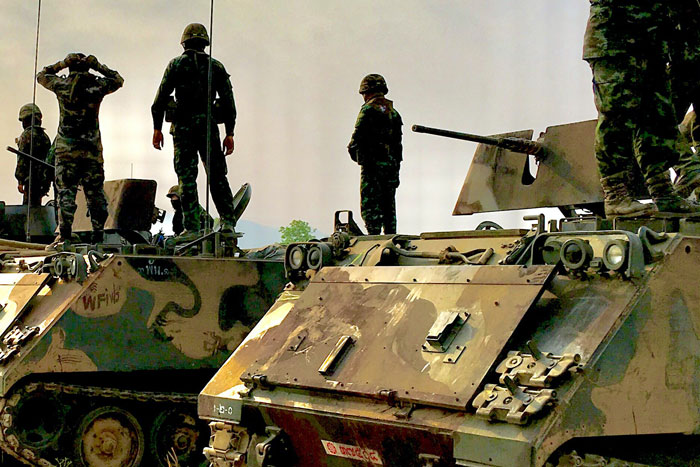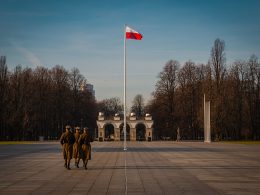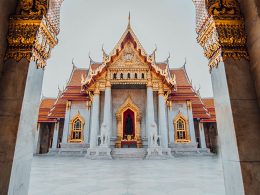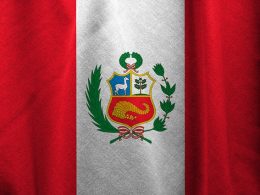Ethiopia’s Prime Minister Abiy Ahmed has deployed the military to restore order in Tigray State in response to an attack on an army base. The Prime Minister accused the region’s ruling party, the Tigray People’s Liberation Front (TPLF), of being the brain behind the attack.
Addressing the country on state TV, PM Ahmed said that the unwarranted attack resulted in the death of “martyrs,” serious injuries to others, and the wanton destruction of property. He subsequently declared a state of emergency in the region for six months.
Defending his deployment of the military, the prime minister stated that the situation has spiraled out of control and reached a situation whereby the regular law enforcement agents would simply not do. He said that in trying to seize military assets during the raids, the attackers had crossed a red line, and now the government is forced to respond by way of sending down the military. The authorities also shut down telephone and internet services in the region.
There has been a recent escalation of tensions between the government and the TPLF, which made up a part of the governing coalition before it fell out with the ruling government. Both sides have accused each other of deploying military force. The federal parliament reacted to the recent and proposed that the TPLF be designated a terrorist organization.
The president of the Tigray region, Debrestion Gebremichael, spoke with reports on Monday. He accused the government of deploying the military as punishment for the region’s insistence in organizing its election for the Tigray parliament in September, defying the federal government and the election board’s decision to postpone all elections. The government had described the election as illegal.
The Tigrayans benefited mostly from Ethiopia’s political structure since the early 1990s. It held political power from 1991 up until 2018 when Prime Minister Ahmed took over office. Since then, the region had been relegated to the background in the scheme of things.
Meanwhile, Amnesty International had given as 54 the number of people killed late on Sunday when an armed rebel group invaded three villages of the ethnic Amhara group in the Oromia region.
The authorities said that the attackers were from the Oromo Liberation Army, a splinter group from the once-banned political party. They killed the victims after luring them to a school compound. The victims’ villages were plundered and subsequently set on fire. The Ethiopian Human Rights Commission said that the attackers were up to 60.
Tensions have become very high in the country since PM Ahmed took over office. The Nobel Peace Prize Laureate has tried to unite an increasingly fragmented country, divided along ethnic lines. The PM said Monday that Ethiopia’s enemies were trying to rule or ruin the country.
Although the PM has tried to implement significant reforms since he came to power, such as freeing political prisoners, legalizing formerly banned opposition groups, and renewing diplomatic relations with neighboring Eritrea, they are not enough for some parties and personalities in the country who have challenged his leadership.
Source: bbc.com









